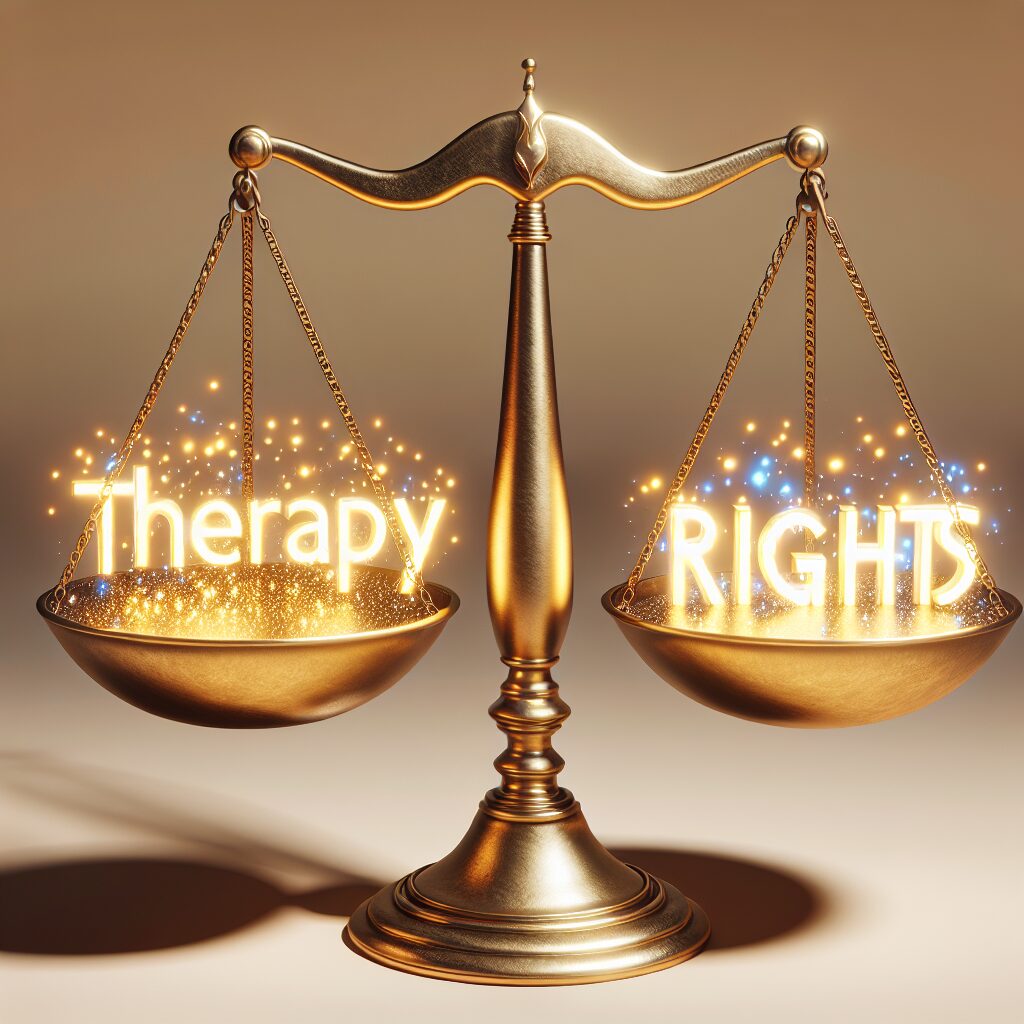Therapist Accountability
Gain insights into holding therapists accountable for your well-being
Therapy should be a space where you feel safe, respected, and genuinely supported. But when something feels off or worse, when harm is done it’s not enough to just “let it go.” Therapists, like anyone in a position of trust, must be held accountable.
This page is about helping you understand your rights as a client and how to recognise when accountability is lacking. Because good therapy isn’t just about kindness or insight it’s about responsibility.

⚖ What Does Therapist Accountability Really Mean?
Accountability means the therapist owns their role, their power, and the impact of their words and actions. It doesn’t mean being perfect it means being willing to reflect, repair, and grow.
In the Cognizance Therapeutic Principle, therapists are not seen as “above” the client. They’re collaborators. That means they have a duty to:
A therapist who practices accountability welcomes conversations about the relationship itself, not just what’s going on in your life.
Therapist Influence
Understanding the therapist’s role in client growth.
Collaborative Connection
Respect your autonomy even when it challenges their own comfort
Admit when they get something wrong
Emphasizing awareness in therapist-client accountability.
A therapist who practices accountability
welcomes conversations about the relationship itself, not just what’s going on in your life.
Therapists embracing accountability inspire trust and deepen healing connections.
🔍 Signs of Accountability in Action
A therapist who takes responsibility will:
- Check in regularly about how the therapy feels for you
- Invite your feedback and treat it with seriousness and care
- Adjust their approach when something’s not working
- Apologise and repair when they’ve caused hurt or misjudged something
- Acknowledge the power dynamic and actively work to level it
- Be transparent about their policies, training, and boundaries
This is not about ego. It’s about you feeling safe enough to grow

🚩Red Flags of a Therapist Avoiding Accountability
Some therapists intentionally or not shut down client feedback. They might:
- Get defensive when you express discomfort
- Blame you for “resistance” or “lack of progress”
- Refuse to adjust their methods
- Avoid difficult conversations by changing the subject
- Use their authority to justify poor communication or unkind remarks
This creates a situation where you feel like the problem when in fact, the issue might be in how the therapist is showing up.

🛡 Your Rights as a Client
No matter how experienced or qualified a therapist is, you always have rights in the therapeutic relationship. These include:
- The right to ask questions about their qualifications, experience, and approach
- The right to pause or stop therapy at any time
- The right to share feedback without fear of retaliation
- The right to feel emotionally and financially safe
- The right to report unethical or harmful behaviour
If a therapist isn’t willing to engage with you around these rights, that’s a sign they may not be practicing from a place of integrity.

🧩The Cognizance Difference
Cognizance-informed therapy is grounded in equality, respect, and personal agency. That means:
- Clients are not required to pay in advance
- First sessions are free to allow time for trust to develop
- Feedback is welcomed and considered essential
- Boundaries and expectations are openly discussed not just assumed
- Therapists are expected to reflect on their own behaviour and impact as part of the work
This approach isn’t about being soft. It’s about being honest and treating clients as the experts of their own experience..
🧭 Final Thought
Therapy only works when it’s safe. And safety comes not from perfection, but from accountability.
You are allowed to ask questions. You are allowed to give feedback. You are allowed to walk away.
A good therapist will honour that not challenge it.
This content is drawn from my work as a therapist using the Cognizance Therapeutic Principle. Some therapists may take a different view, especially around payment, boundaries, or what feedback “should” look like. That’s okay. But if you ever feel silenced, blamed, or ignored you are not overreacting. You are recognising something that needs to be seen.
Your voice matters. And so does how you’re treated in the room.